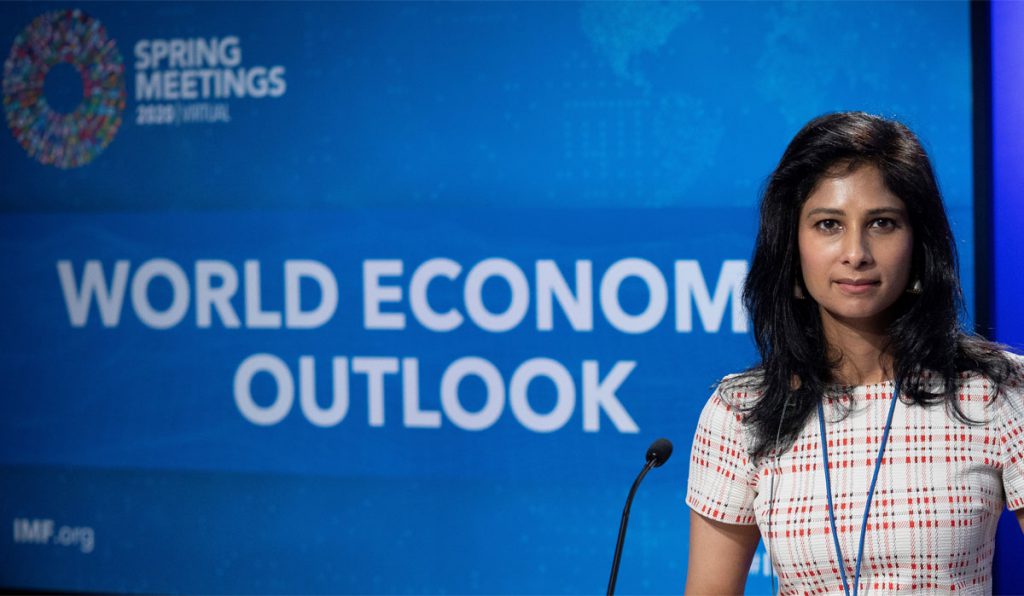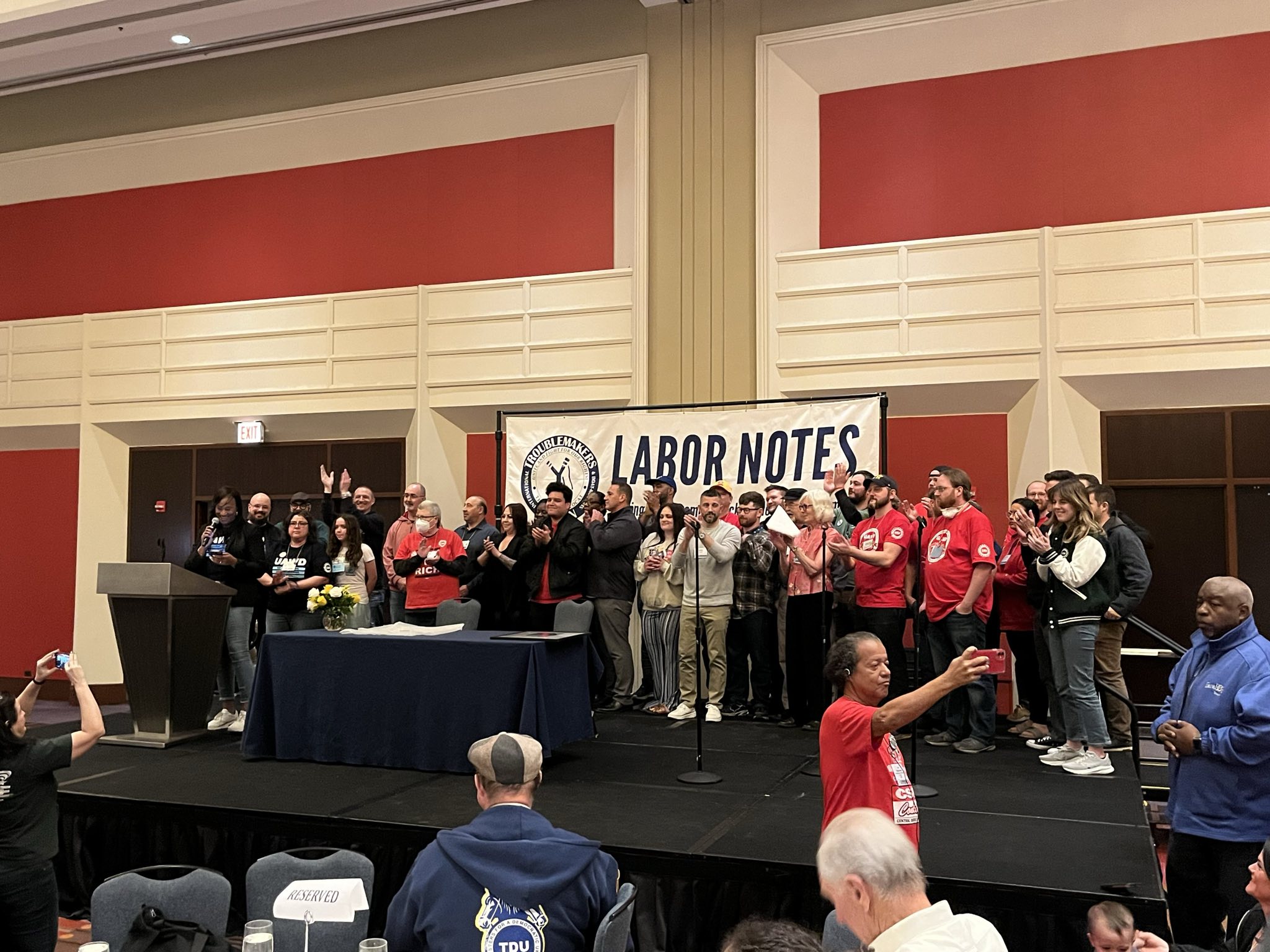On March 23, World Bank president David Malpass took the virtual lectern at meeting of finance ministers from the Group of 20. The scale of the economic and health crises from COVID-19 was emerging. Malpass offered a bold call for G20 bilateral creditors to offer debt relief to low-income countries, allowing them to concentrate on the pandemic. He sensibly noted that many low-income countries would need a “comprehensive and fair” renegotiation of debt.
What was the World Bank prepared to do for COVID-19 response and recovery? The World Bank had announced, and is currently implementing, a $14 billion response package with $6 billion to rapidly back-in public health systems and $8 billion to help prevent business closure and job loss in the private sector. However, Malpass noted that “countries will need to implement structural reforms to help shorten the time to recovery”, including reducing “excessive regulation” and fostering markets. Despite the unfolding of a crisis that exposes the dangers of inequality, precarious work and inadequate sustainable development, the playbook is unchanged.

At the Annual Meetings of the International Monetary Fund (IMF) and World Bank in 2019, there was already concern about 2020 because of slowing growth and the long arm of the global financial crisis. In its flagship World Economic Outlook, the IMF promised developing countries significant growth increases if a range of structural reforms were conducted, including changing labor regulations to reduce job protections and the privatization of electricity and telecommunications. Despite the wave of deregulation in the 1980s and 1990s, the piece argued that there was room for more, and a politically savvy approach could avoid voter backlash and policy reversals. Undemocratic cynicism aside, the promised growth dividends of austerity and deregulation have rarely materialized.
The chief economist of the IMF demonstrated in 2012 that the Fund’s assumptions about the economic effects of austerity had underestimated the negative repercussions. The Fund nonetheless continued pushing rapid austerity that undermined growth while attacking collective bargaining, wages, and the public sector. The results speak for themselves: five years after deregulatory labor reform backed by the IMF, Spain’s unemployment rate was double pre-crisis levels, and Greece’s debt-to-GDP went from 126% the year before the first IMF loan to an estimated 176% five years after the last disbursement. Crushing conditions for working people during loans are combined with a lack of longer-term results.
The response of international financial institutions to the immediate containment of the health and economic devastation of COVID-19 is, in contrast, commendable. IMF rapid credit facilities, which have far fewer conditions than regular loans, and World Bank response lending have rapidly moved money to developing countries. This is precisely the kind of economic solidarity that is needed. COVID-19 viscerally illustrated how the fates of countries are intertwined. However, the comments of Malpass in March and the IMF’s insistence that developing countries should prepare for a return to spending cuts in the medium-term, demonstrates that the policies that made the world’s health and economic systems fragile and unequal before COVID-19 will continue. In “The IMF’s Renewed Supply-Side Push” and “Market Fundamentalism and the World Bank Group”, the International Trade Union Confederation examines the triumph of ideology over evidence and the need to reform multilateralism so the institutions can support effective reconstruction from COVID-19. “A New Multilateralism for Shared Prosperity” from the Global Development Policy Center and UNCTAD, alongside the 2019 UNCTAD Trade and Development Report, make the case for a global new deal with climate sustainability and reduced inequality at the core. In rethinking the role of the IMF and World Bank for a post-COVID reconstruction, we can learn valuable lessons from the New Deal in America and how it inspired the creation of the international financial institutions decades before they were hijacked by Reaganomics and the interests of private capital.
The Tennessee Valley Authority encapsulated the ambitious developmental spirit of the New Deal that focused on raising the living standards of working people. Also central were reforms that changed the rules of the economy, often resulting from dynamic interaction between grassroots movements and top-down state action. Waves of strikes and mobilization by workers and the unemployed created pressure for the two most transformative elements of the New Deal: public works programs and the protection of union rights. Public employment created invaluable relief and economic stimulus, while the creation of a collective bargaining system enabled a recovery with shared prosperity.
On the finance side, state-owned Reconstruction Finance Corporation trailblazed through the 1930s and 1940s. Starting as a modest effort to use public finance to encourage greater private banking activity, it eventually becoming a motor of innovation and reconversion to fight the war against fascism. The public corporation electrified rural America beyond the Tennessee Valley by financing cooperatives. It was a catalytic development task the private sector was too skittish to undertake. Louis Hyman writes that “Rather than ‘crowding out’ private initiative, government provided an example that worked”. This should be a lesson for the World Bank “Maximizing Finance for Development” approach and the Country Private Sector Diagnostics that advise on “creating markets.” These Bank recommendations are largely hostile to public finance and state-owned enterprises, despite their dynamic role in creating new areas for private sector job growth. Instead, the Bank advises creating markets for private activity by cannibalizing public infrastructure, education, and health.
The American delegation at the Bretton Woods conference that created the IMF and World Bank was led by committed New Dealers including Treasury Secretary Henry Morgenthau and Harry Dexter White. The latter suggested that membership in what would become the World Bank should require a country to agree to a “bill of rights of peoples of the United Nations” to show that the institution went beyond “commercial considerations” to be “the beginning of a truly new order in a the realm where it has hitherto been most lacking – international finance.” Key architects of the Bretton Woods institutions were envisioning an international version of the New Deal and its institutions.
There are still traces. The IMF’s articles of agreement task it with promoting policies to achieve “high levels of employment and real income” and the World Bank’s original arm, the IBRD, is to encourage investment to raise “the standard of living and conditions of labor”. These aims have been lost or distorted. The IMF often undermines collective bargaining systems, and the Bank is currently advocating against payment of minimum wages on post-pandemic public works. There are deep historical roots, beginning with the American right-wing’s use of anti-communist hysteria in an attempt to dismantle the New Deal. Harry Dexter White and thousands of other civil servants were targeted. Meanwhile, the ground upon which the Bretton Woods conference took place shifted as the Cold War escalated.
Further along the arc of reaction, President Ronald Reagan took office with a vision that decisively undid the New Deal order. His Treasury Department, led by James Baker, translated that vision into global economics by redirecting the international financial institutions toward the disastrous imposition of structural adjustment. The scars are still visible in the developing world.
Whether in 1929 or today, internationalism must battle both reactionary nationalism and global economic integration dominated by speculative private finance. The New Deal spirit of Bretton Woods can be an inspiration to reclaim the international financial institutions for a post-COVID-19 reconstruction that achieves a sustainable global economy with freedom and justice for working people.
Leo Baunach is the Director of the Washington Office of the International Trade Unions Confederation and the Global Unions group.



